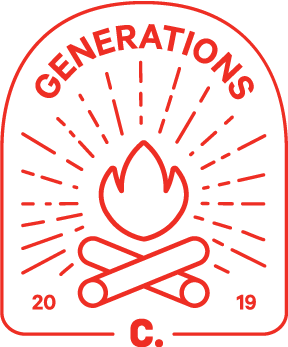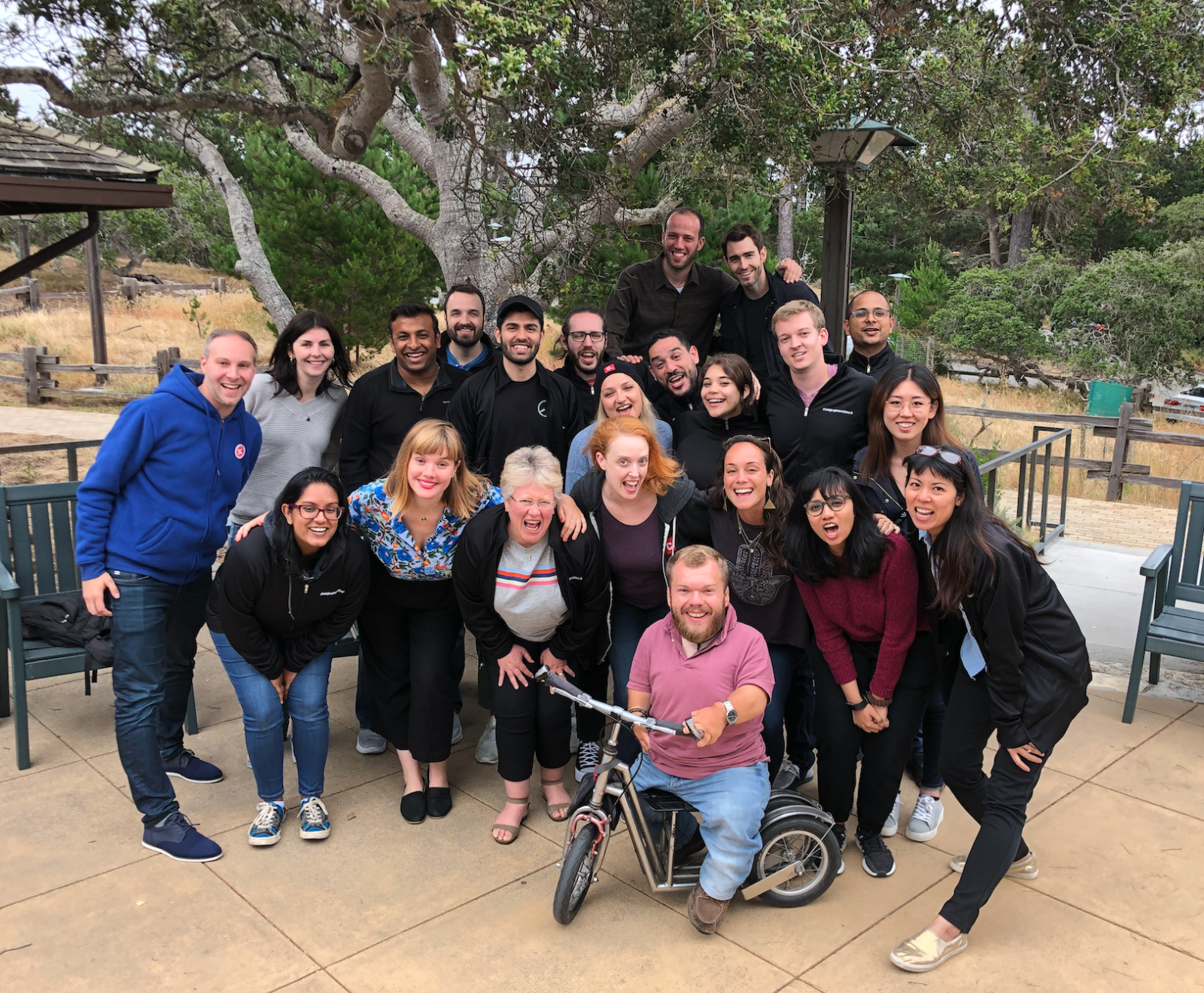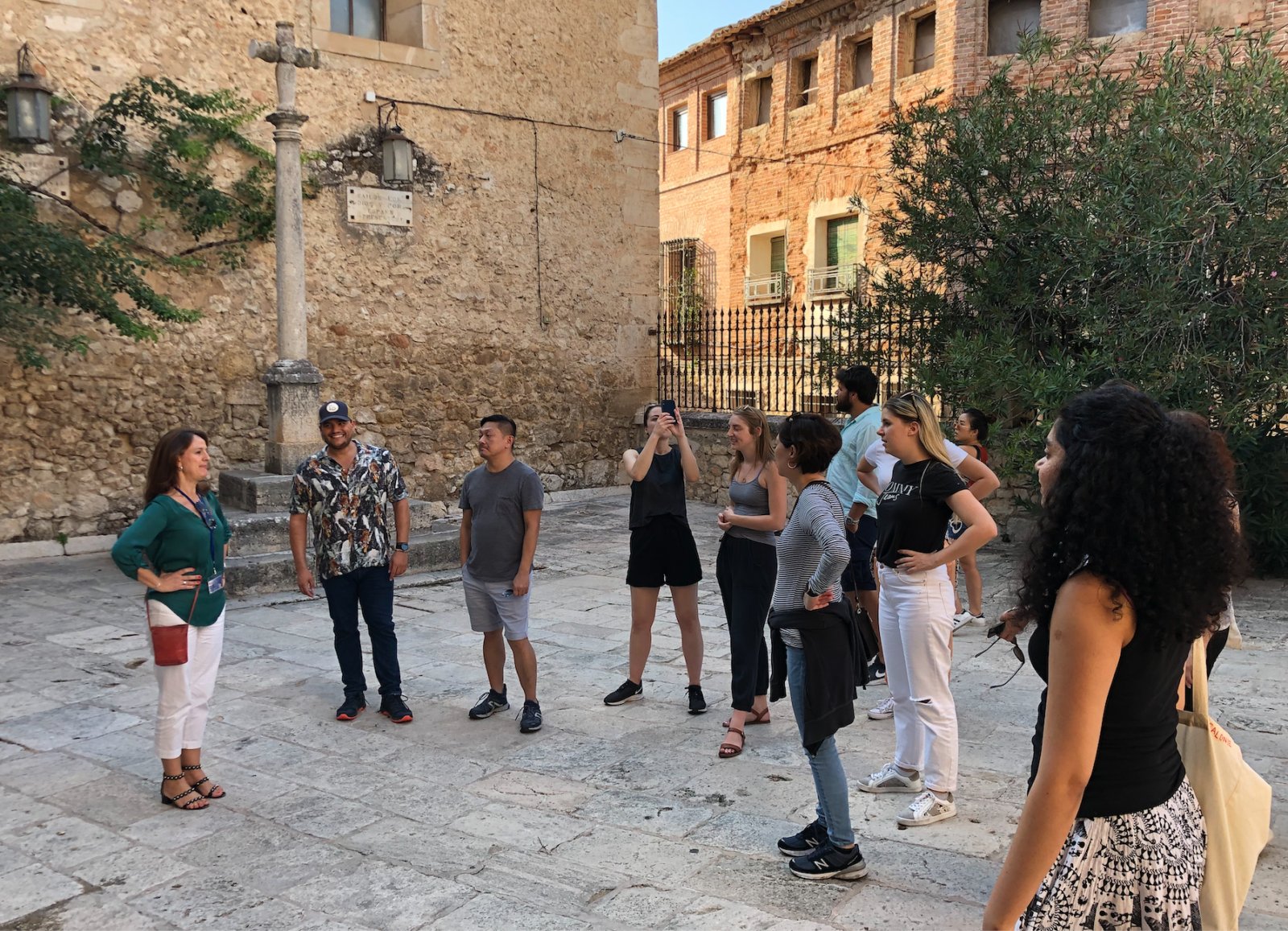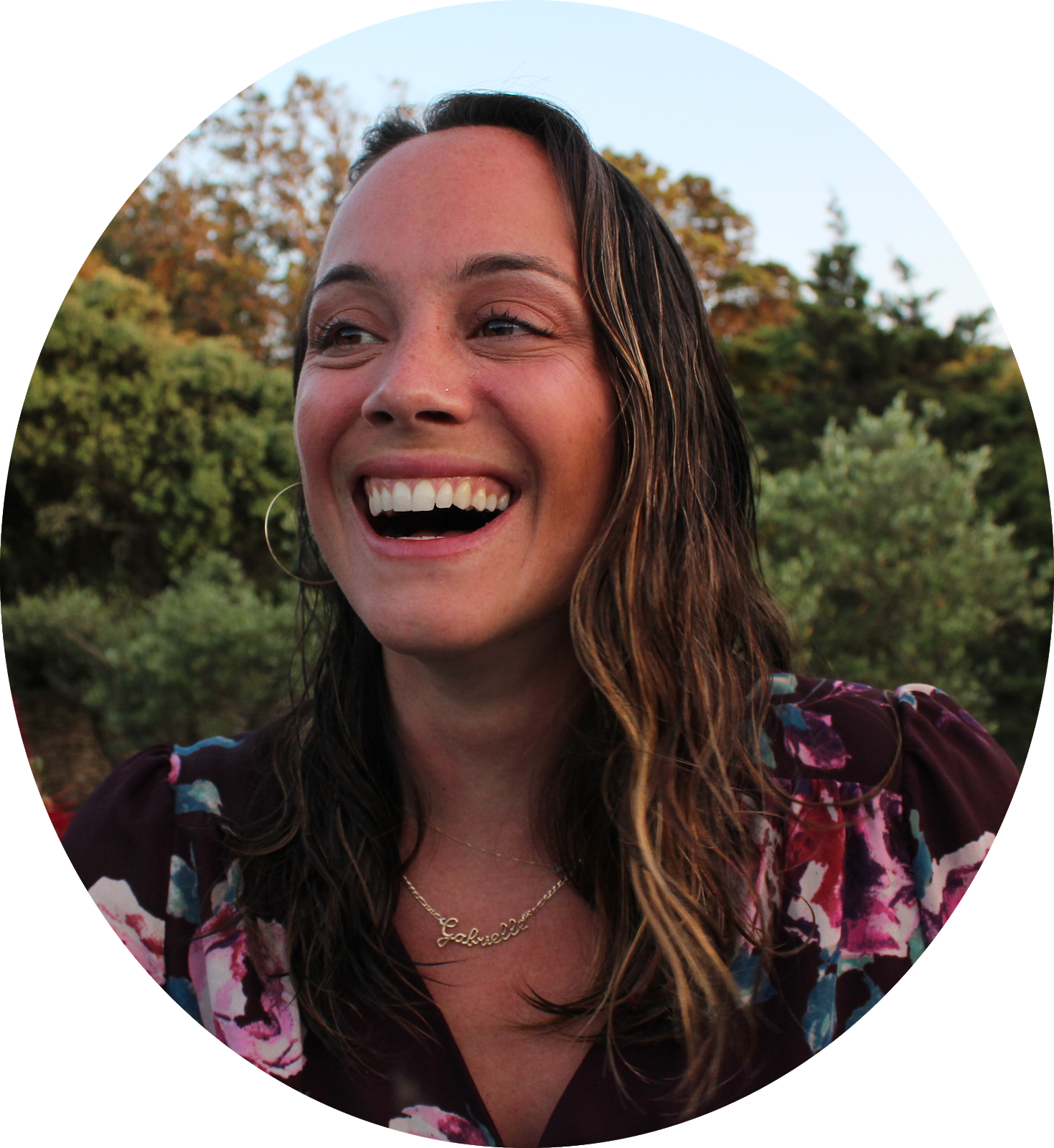People
Make Work More Human: The Generations Program

One year into my role at Change.org, I had been thinking about leaving the company. Not out of passion for the people who make up the Change.org team, but because I still felt isolated — I had yet to meet anyone outside of the U.S. and had a lack of clarity in my role.
At the time, I was still trying to fully understand how our organization functioned and where I fit in with the team, the culture, the office. What did I still need to know in order to more effectively do my job? How could I feel a greater sense of belonging? How am I — and are we — working towards our mission? Shortly after, I was asked if I’d be open to building out the company’s onboarding program.
Me? Really? I was a bit in shock because I wasn’t properly onboarded myself.
It turns out that the less-than-stellar onboarding experience I had set me up well to build a comprehensive program. I wanted to ensure that anyone who started at Change.org never felt as isolated as I did, and was given the optimal experience… all in an age where frequent job and career shifts are common.
We had to build a cultural program that fostered a larger sense of human connection, an experience that made staff want to stay. Recent studies show that half of U.S. workers change their jobs every 1–5 years, and 30% reported having left a company within ninety days of their start date. Surprisingly, 88% now state that a company’s culture is of relative importance when choosing a job¹… so we got to work.
Our Challenge
Onboarding is just one example of a retention effort that, in recent years, has shown to be successful in making staff feel more included, empowered, and productive in the workplace. This is why Change.org began investing the resources to rebuild an onboarding program that reflects the culture we strive to build both for our users and one another.
As with many young organizations, our onboarding process lacked infrastructure. We began the process by sourcing any pain points that affected staff at the start of their tenures. Key themes emerged, such as a lack of integration into company culture, confusion around where to access information or ask direct questions, and no structured opportunities to connect with other staff or executives — to name a few.
It was clear that the feeling of “being new” outweighed the feeling of actively feeling welcomed. We needed a way for staff to develop a comprehensive understanding of how individuals contribute towards the larger mission and goals of our company, and we needed support from key stakeholders. So, over the course of the year, we revamped our onboarding program with the goal to tackle these shortcomings head-on.

Building Our Program
Today, all new hires engage in a two-month long training program, which serves as a way to meet staff in different departments and learn the cultural pillars of our company. Starting Week One, hires attend a Culture 101 session, receive a personalized onboarding plan, are directed to available affinity groups, and meet with our CEO for a mission and vision session. The program aims to build a stronger understanding of the business, while folks simultaneously bond with new staff from all over the world. Soon after our program launched, we held our inaugural new hire retreat as a way to round out the experience. We identified it as an impactful way of creating a sense of inclusion for staff who are trying to find a place in their new home.
The Generations Program has become a cornerstone of our highly effective and holistic onboarding program. The retreat serves to welcome and onboard new hires into our culture, its name signifying the “generation” or group of peers you join the company with. When new hires attend Generations, we set out to do three things: connect them to one another, immerse them in personal and professional development, and define what it means to truly be a part of the company. We make this happen through all sorts of programming, such as learning how to start a petition, going through a leadership skills training, having fun in a playful scavenger hunt, and most recently, engaging in local community.

The Data
Thus far, Generations has given space for individuals to spend time away from work, with a focus on getting to know others from around the world experiencing this same sense of “newness.” It’s like having an automatic affinity group that challenges us to think about the way in which we connect offline, and inviting us to bring our authentic selves. Watching these connections form has been one of the most heartwarming and rewarding aspects of my job. Fast forward to the start of 2020, early data shows that we have begun to accomplish the goals we set out to achieve:
Participants gave a satisfaction rating of:
94% when asked if they feel a stronger bond with other staff after the retreat.
92% when asked if they feel a stronger sense of belonging to Change.org as a company.
84% when asked if they were impacted by the skills training administered.
Overall experience received a 94% rating.
While these numbers will tell more of a story over time, the emotional return on investment has felt to me even more meaningful. Below are a few of the anonymous testimonials we’ve received post-retreat(s):
“I had a freaking blast. I could not have asked for a better way to round out my onboarding experience. It truly was unlike any other onboarding, and I’m so glad this exists because it helps cement my faith in myself in choosing the right company to work for.”
“I loved the whole experience and the freedom to bring my authentic self out with work colleagues was amazing.”
“It was an incredible overall experience! Unlike anything I’ve done before and felt like I really got to make meaningful connections with coworkers that would otherwise be much more difficult.”
We also saw some positive responses from staff new to Change.org (3–6 months) in our annual Diversity and Inclusion survey, conducted last June. These results showed a more favorable sentiment — compared to the average — for questions around sense of belonging, voice, safety and personal support. We’ll see where the sentiments from all new staff in 2019 lie in our next survey, but our hope is that this suggests our onboarding and Generations programs are making an early impact on our newcomers.
It’s important to note that long term effects of retention programs take years to measure, but these small bits of data have led us to believe that the efforts behind this retreat could have a profound effect on future retention. Thus far, only 5% of hires have left voluntarily, meaning 95% of our 2019 hires are still with us.
What’s Next
While we’ve made enormous progress in launching the program, there’s always work to be done. Hires have indicated the desire for more conversations focused around professional growth and more variation in content, among other things. This feedback allows us to iterate for the future — both for onboarding and Generations. It also indicates a desire and opportunity for a wider range of programming.
Going forward, we’re focused on integrating a more structured growth aspect to the program, offering a discovery month where staff can learn about other parts of the company, and exploring the possibility of inviting a petition starter to speak at the retreat. The sky’s the limit. I would also love to launch a program to onboard staff who have been at the company for longer, which I’m lovingly referring to as the “Dinosaur Generation.”
Finally, what this last year reinforced for me more than ever is that, as humans, we crave connection. As someone who has always believed that work can be a source of joy, building out this program affirms that as companies, we have the tools to create these environments, we just need to invest in using them. We spend one-third of our life at work, and people ought to be happy and connected to their organizational cultures and the people who build them. In a world where the workplace is becoming more and more remote, we have a responsibility to challenge the ways in which we connect.
At Change, it’s about making work more human.
Source:
1) Zogby Analytics. “2018 Job Seeker Nation Study: Researching the Candidate-Recruiter Relationship.” Jobvite.com, 2018, www.jobvite.com/wp-content/uploads/2018/04/2018_Job_Seeker_Nation_Study.pdf.
* Due to anonymity threshold in our data, we could not see scores for the 6-month tenure mark or below.

I’m Gabby Gonzalez, an HR Specialist at Change.org. I’ve been at Change for 3 years and work out of our NYC office.
A large portion of my job includes running our onboarding program and creating culture initiatives. I deeply believe that we, as humans, can be happy at work.
My passion lies in making people feel comfortable, included, and as though they can be their authentic selves in the workplace.